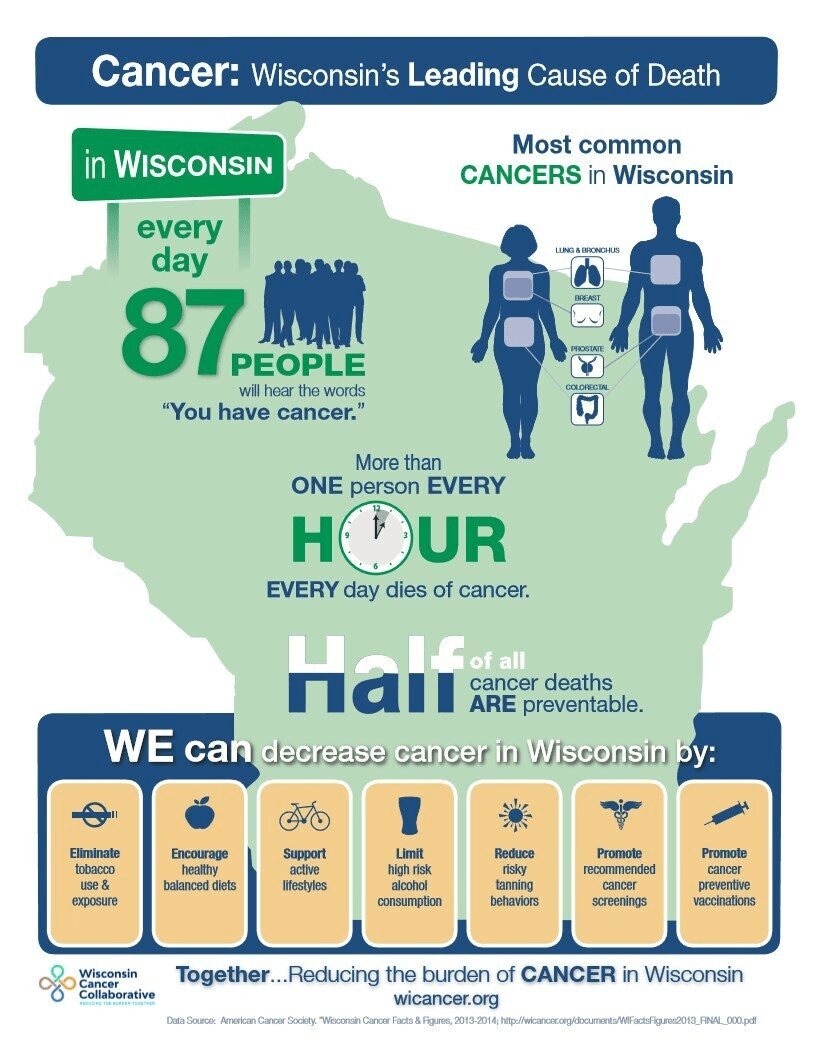Students on financial aid need to be aware of a major change in eligibility in relation to academic success.
According to the revised MATC Standards of Academic Success and Financial Assistance Eligibility provided by Jerry Manz, Director of Financial Aid, it reads, “due to changes in Federal regulations that went into effect July 1, some of the criteria by which MATC’s Standards of Academic Success is monitored have changed. This change will take place with the Fall 2011 calculation.”
The new federal financial aid rules are meant to streamline and eliminate abuse. Far too often, students have dropped out after receiving financial aid, switched majors repeatedly, and been placed on Academic Suspension. This has caused issues with their allotments in Financial Aid eligibility.
The Standards for Academic Success and Financial Assistance Eligibility reads: The MATC Standards of Academic Success define the requirements students must meet to maintain satisfactory academic progress and financial aid eligibility. The standards also establish a formal process to identify, notify, and provide assistance to students who fall below required academic standards including the appeal process.
MATC calculates a student’s Academic Status after the end of the fall, spring, and summer semesters. Grade changes and completion of incomplete grades will be calculated the following semester.
To remain in Good Academic Standing, a student must maintain:
1. Minimum 2.0 Semester
Grade Point Average.
2. Minimum 2.0 Cumulative
Grade Point Average.
3. Minimum 67% Semester
Course Completion
Rate. (U, W, and I
grades are considered as
credits attempted but
not successfully
completed.)
4. Minimum 67% Course
Cumulative Completion
Rate. (U, W, and I grades
are considered as credits
attempted but not
successfully completed.)
Students who fail to meet the above requirements for Good Academic Standing will be subject to any or all of the following:
Academic Warning, Academic Suspension, Academic Probation and Academic Probation with Monitored Plan.
Students who are on good academic standing, academic warning, academic probation, and academic probation with monitored academic plan are financial aid eligible (Title IV Programs) as long as they can complete their academic program within the maximum timeframe.
The maximum timeframe is the period of time that is no longer than 150% of the length of the academic program.
What is the 150% rule? Quite simply, a student cannot exceed 150% of the normal completion time of gathered credits in their monitored academic plan.
The credit accumulation that is counted includes any credits attempted. Attempted credits include U, W, and any other letter grades. Transfer credits are also included.
For example, the Registered Nursing Program requires 70 credits to graduate; the total credits required to graduate (70) times 150% is 105 credits. This means that the student must complete the program within the 105 credits to be eligible to receive financial aid. The 105 credits include all transferred, attempted, and completed credits.
The financial aid academic standing statuses are: financial aid warning, financial aid academic suspension, financial aid probation, and financial aid probation with monitored plan.
Manz also wants to remind students to review the financial aid policy in the student handbook. He said, “Make sure
that you are signing up for classes that are a part of your program, that are going to move you to graduation, and to know how long your financial aide is going to be available to you.”
Want to know where you are on financial aid and credit spending? Please take a look at you Academic Plan which can be found at INFO ONLINE from MATC’s website. There you can find the program that you are in, who your advisor is for questions, the total count of credits needed for graduation and your current credit status.
“It is critical that students are staying focused on their program, and taking courses that are directly related to the program, and that they are taking advantage of the advising services that are available for students,” said Manz.
Manz reminds students that they have Financial Aid staff available to help in the Welcome Center of each campus, Mon-Thurs 7:45 a.m. – 6 p.m. and Fri 7:45 a.m. – 4 p.m.. He warns students, “Don’t wait until you are in trouble to ask the question. Get in and talk to someone.”
Career planning courses through MATC counselors are the best bet for future students who are considering MATC, to help narrow the interest in the degrees that they seek. The specific Standards of Academic Success can be vie
All of this information is
located at: http://matc.edu/documents/LegalDocuments/procedures/ff/FF0900.pdf.
This policy enforcement has affected many students. According to Al Pinckey, Vice President of Student Services, 1,324 students filed appeals and 204 of those students were de-registered as of presstime. It is important that students keep track of their accumulated credits.
When filing for your MATC financial aid, remember, the MATC Federal School Code is 003866.

























































